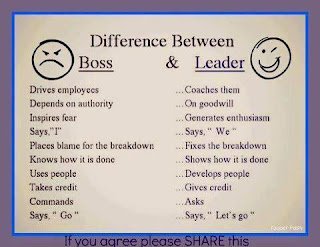Wastes in Software Development
Waste is simply anything that does not add real value to the overall end goal is considered waste. Things that could be considered waste are - Unnecessary features or functionality - Over engineering - Unnecessary code - Weak requirements - Bureaucracy - Anything that slows down or delays the team - Weak testing, resulting in many production issues - Poor or unnecessary communication - Unnecessary documentation (note documentation may still be needed) - Anything that wastes time without any valuable benefit "The Seven Wastes of Software Development": 1. Partially Done Work 2. Extra Features 3. Relearning 4. Handoffs 5. Delays 6. Task Switching 7. Defects
